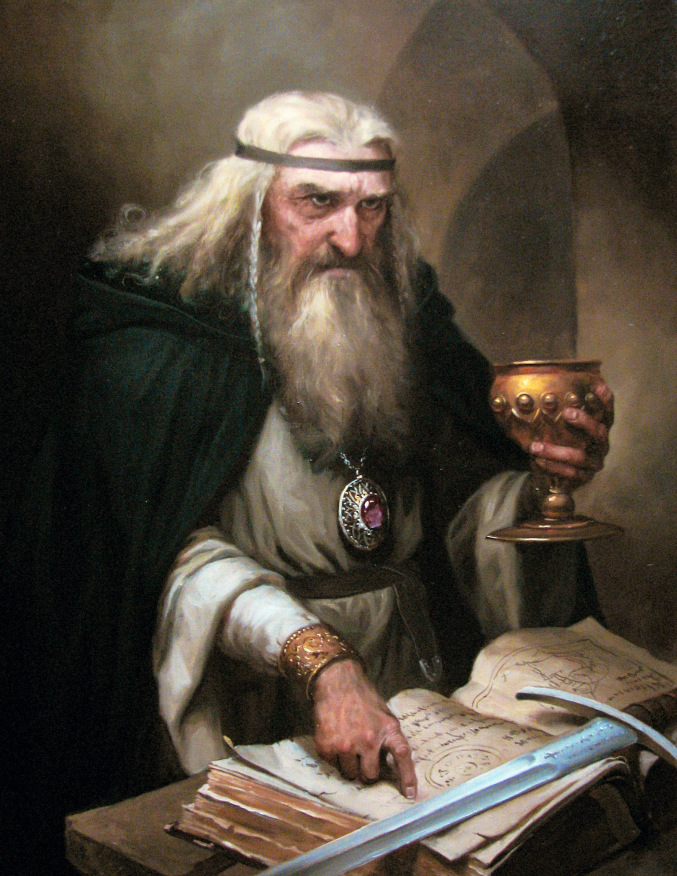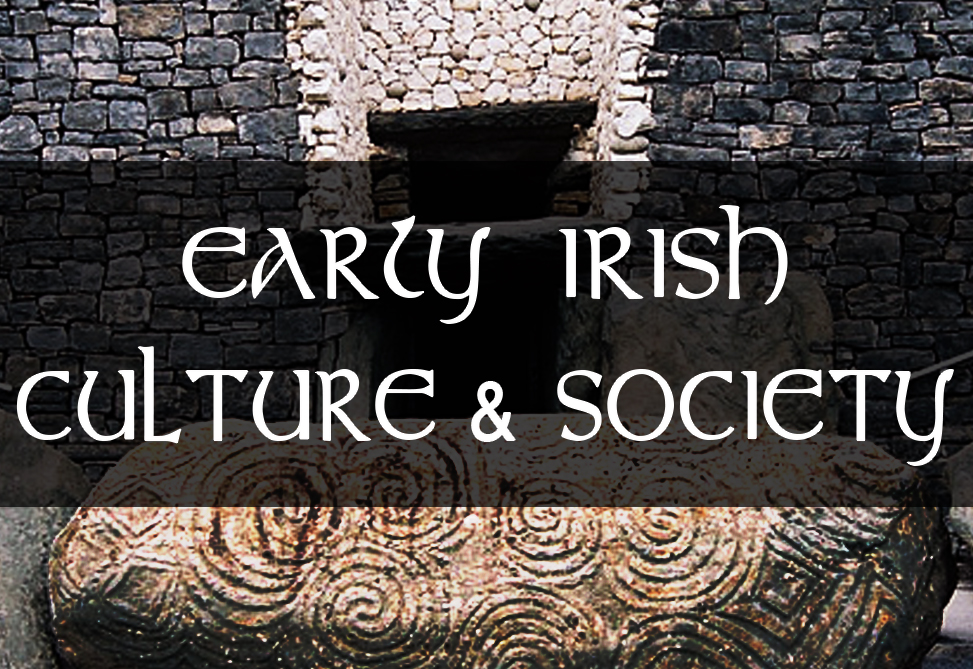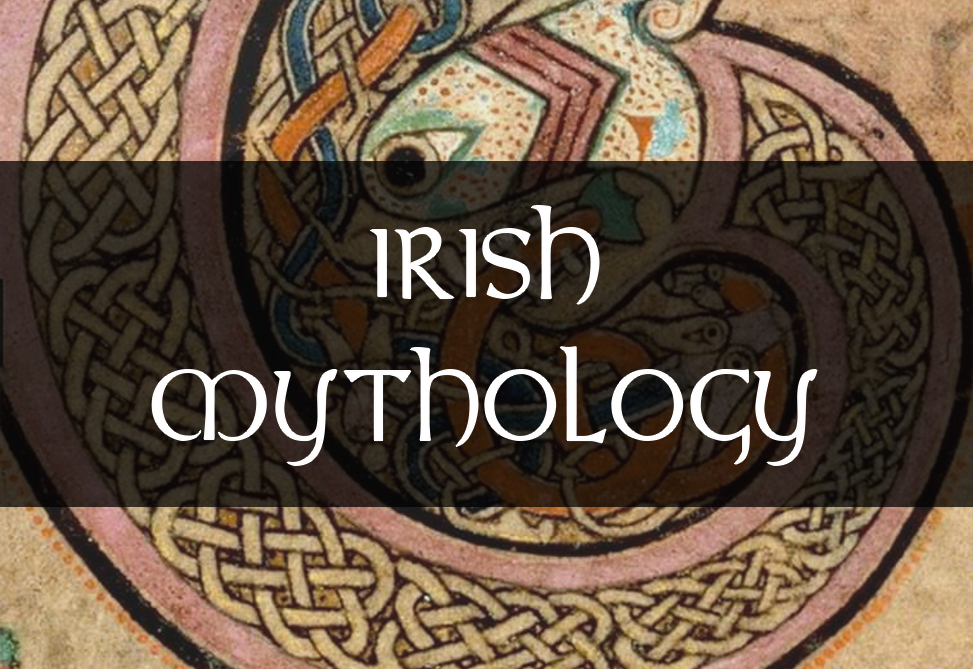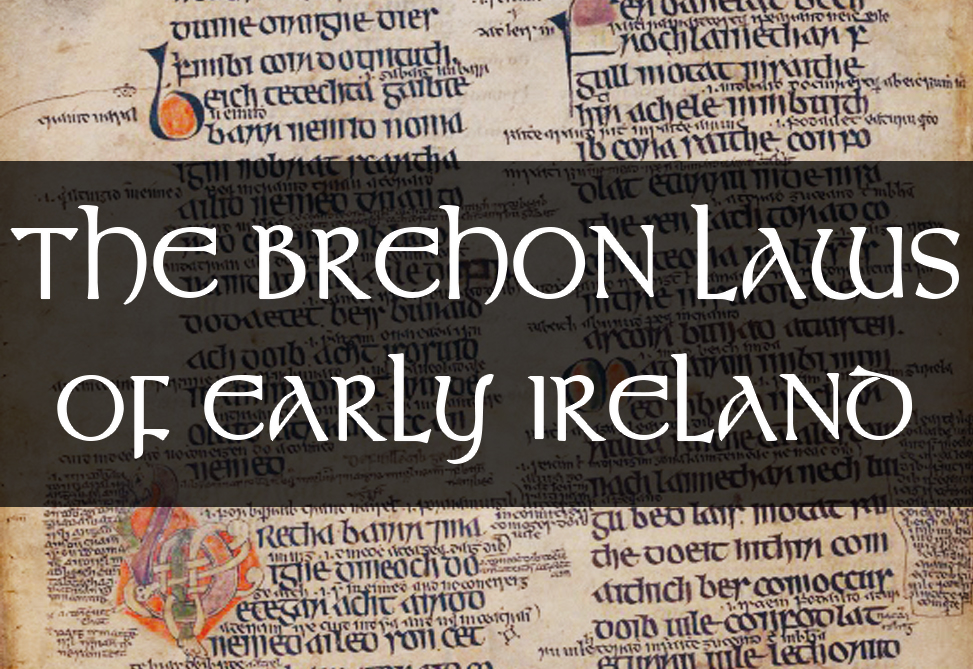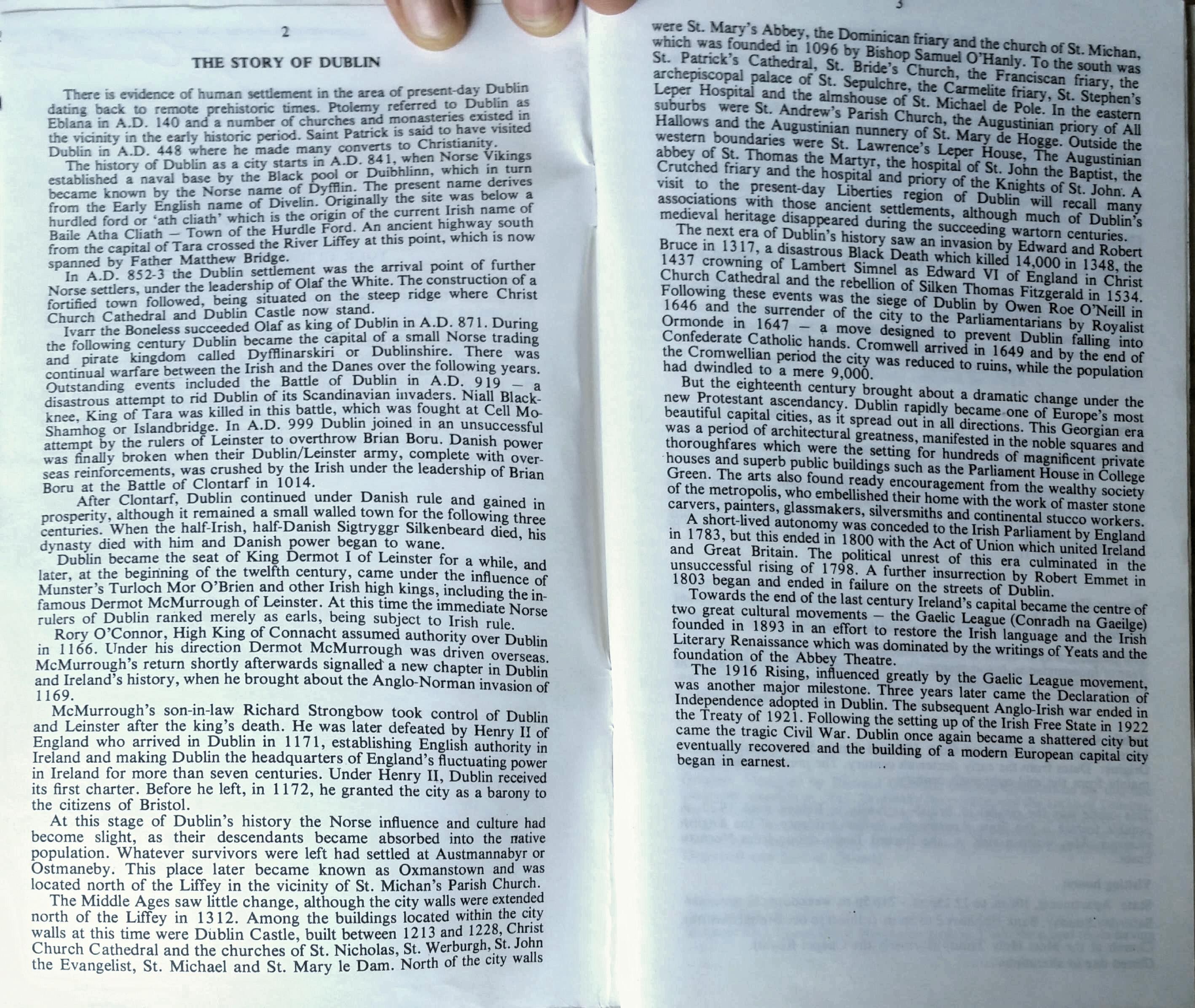Kingship in early Ireland was a unique and complex institution that differed significantly from the concept of primogeniture in other countries. The Irish system of kingship was based on a shared rule between the king and his people, where the king acted as a representative of the community rather than a sole ruler. This system was known as “ríocht ratha” or “kingship of prosperity.”
In early Ireland, kingship was not automatically inherited by the eldest son of the king, as was the case in many other countries. Instead, the king was chosen from a pool of eligible candidates based on their personal qualities, abilities, and the support they received from their people. This process was known as “tanistry,” and it allowed for a more democratic approach to the selection of a ruler.
Under the system of tanistry, the king would nominate his successor during his lifetime. This successor was usually a close male relative, such as a son, brother, or nephew. The king’s choice was subject to the approval of the community, and if the nominee was deemed unsuitable or unworthy of the role, another candidate could be chosen instead. This ensured that the most capable and respected candidate would be chosen to lead the community.

The Irish system of kingship also differed from primogeniture in terms of the king’s responsibilities and duties. The king was not only responsible for the administration of justice and the protection of his people but was also expected to maintain the prosperity of his community. This included overseeing agricultural production, ensuring the well-being of the land and its people, and maintaining peace and order.
The king was also expected to adhere to a strict code of conduct known as “the Brehon Laws.” These laws regulated all aspects of Irish life, from marriage and inheritance to trade and commerce. The king’s role was to ensure that these laws were enforced fairly and justly, and that all members of the community were treated with respect and dignity.
Another significant difference between the Irish system of kingship and primogeniture was the role of women. In early Ireland, women held a much higher status than in many other countries, and they had the right to inherit property and hold positions of power. Women could also act as queens, and in some cases, they even ruled as kings in their own right. This was a stark contrast to the patriarchal societies of other countries, where women were often marginalized and excluded from positions of power.
In conclusion, kingship in early Ireland was a unique and democratic institution that differed significantly from the concept of primogeniture in other countries. The system of tanistry allowed for a more democratic approach to the selection of a ruler, while the king’s responsibilities and duties extended far beyond those of a typical monarch. The Irish system of kingship also afforded women a higher status and greater opportunities for power than in many other countries. Overall, the Irish system of kingship was a testament to the progressive and inclusive nature of early Irish society.
